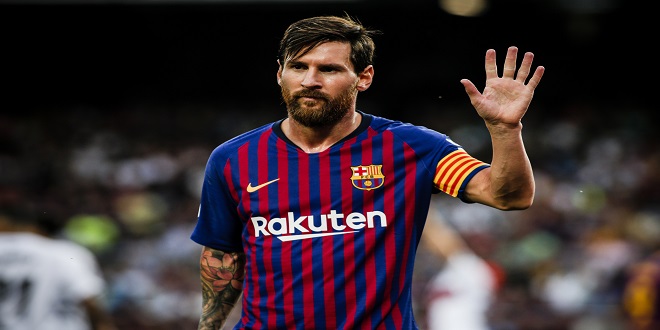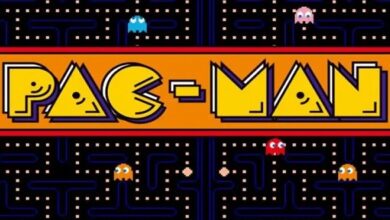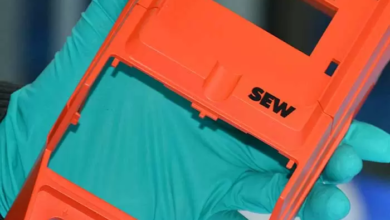
Growth hormone is a hormone essential to growth and development. It is produced in a gland at the base of the brain called the pituitary gland . . . If a child does not have enough growth hormone, then the speed of growth is much slower, and the final height is reduced
Lionel Messi was nine years old when his parents realized that his only hope of following a lucrative career as a professional footballer was to follow the doctor’s advice. That the boy had immense talent no one doubted, but this boy wonder had also been diagnosed with a hormonal growth deficiency. If left in the hands of mother nature, his stature and build would remain diminished to such an extent as to put him at a distinct disadvantage to others of his age group, or older, when it came to adult competitive football.
Messi, aged nine, measured 1.27 meters tall, which was about 10 centimeters shorter than the average height for a boy of his age. If his size had been limited by genetics, there would have been little any doctor could have prescribed to alter his ordained adult size. But the fact that Messi had a hormonal deficiency meant that science had a solution.
At hand was Dr Diego Schwarzstein, an Argentine endocrinologist who had moved back to Rosario after working in a practice in Barcelona from 1989 to 1994. He was a long-term fan of Newell’s Old Boys, and was trusted by the club with overseeing the physical development of its child players. It was the club that first suggested a check-up for the child who seemed to be, by a considerable margin, the best among his peers, but who was also simply very small for his age. He was nicknamed ‘La Pulga’, the flea, because his size belied the enormity of his impact on the game, at least while it was played among kids.
‘Don’t worry, one day you will grow to be taller than Maradona. I don’t know if better, but certainly taller,’ Schwarzstein told Messi after he had first met him, accompanied by his parents, at his private clinic in Rosario. The date of that first meeting was 31 January 1997, never forgotten by the doctor, as it was his birthday.
Manufactured growth hormone, patented by a US drugs company, had been commercially available since the 1980s but was still not widely in use in Argentina, and it was expensive. Schwarzstein had learnt more about the drug in Barcelona, a city that has always prided itself on its pioneering medical practices as well as its innovative art. The treatment involved a daily injection into the fat underneath the skin, normally in the evening, to fit in with the body’s natural cycle for producing growth hormones. Messi’s parents were assured that the treatment was a relatively straightforward one, with a positive outcome a great deal more likely than any lasting side effects. ‘Messi was one of about every 20,000 in the Argentine population born with a growth hormone deficiency,’ Schwarzstein would recall years later. Visit Naa Songs to find out more information
There and then, Marini and his wife made up their minds not to go for the treatment. The doctor’s words had shocked them both. For the sports journalist, the meeting would later raise thoughts of Messi, and the risk his parents had taken. ‘My first thoughts were of course about my son and having to accept the doctor’s advice. But later it made me think of Messi, and now I question whether the treatment was justified in his case simply because of the great football player he ended up being.’
When Maradona visited him, he was put on a crash course of unidentified pills and injections, Cornejo told me: ‘Diego was so small when I took him to see Paladino that he didn’t seem strong enough. I wanted Paladino to round him off, get him fatter and bigger. So I asked the doctor to give him vitamins and other things to help him develop. “Cacho,” I said, “you fix him, this boy is going to grow up to be a star.”’
Last word
Colomer found himself rounded on by other directors, who rained insults on him and alluded to his former employment by Espanyol, the rival Barcelona team that historically had been considered anti-Catalan. But Colomer was persistent and argued passionately: ‘If you don’t support me,’ he told the doubters, ‘you will be committing the biggest mistake in the club’s history.’ He prevailed. In 2010, four years before he died, Colomer was asked in an interview by the Spanish newspaper El País how he saw his role in the history of Messi. ‘I did my job. That is what I was paid for. There were things that had to be done or else Messi would have left us,’ he recalled with typical modesty





